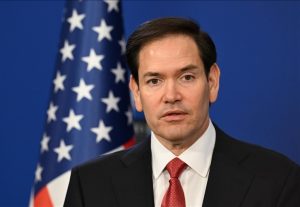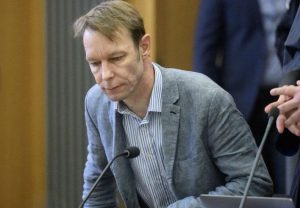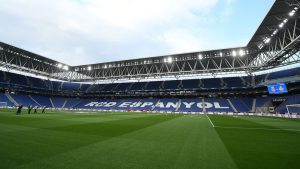Croatian president re-elected in landslide victory
3 min readCroatian voters have decisively re-elected Zoran Milanovic for a second term as president, securing nearly three-quarters of the votes cast in the country’s presidential election. His overwhelming victory marks a significant political moment for Croatia, as his opponent, Dragan Primorac, suffered a disappointing defeat, securing just 25% of the vote. Primorac, who had the backing of the ruling center-right Croatian Democratic Union (HDZ), achieved the worst-ever result for the country’s dominant political force.
The outcome of the election was met with a subdued response from Croatia’s Prime Minister, Andrej Plenkovic. In a public statement, Plenkovic refrained from congratulating Milanovic and instead remarked that the president “offers nothing” to the country. Despite this, Milanovic expressed a willingness to work with the prime minister, offering his hand for cooperation in the future.
While the role of the president in Croatia is mostly ceremonial, the position remains significant in representing the nation on the global stage. According to Croatia’s constitution, the president is required to remain above party politics, acting as the head of state for all citizens, regardless of political affiliation. Milanovic, who served as Croatia’s prime minister from 2011 to 2016, has often criticized the ruling party, especially on issues such as corruption, inflation, and the country’s healthcare system.
One of Milanovic’s major criticisms has been of the HDZ-led government’s handling of these challenges. He has frequently raised concerns about corruption within the political system and the economic pressures facing everyday citizens. His presidency has also been marked by strong, though sometimes controversial, foreign policy stances. While he condemned Russia’s invasion of Ukraine, Milanovic has been vocal in his criticism of the West’s military support for Ukraine, positioning himself at odds with much of Europe’s stance on the war.
Before his presidency, Milanovic led Croatia as prime minister and was the head of the center-left Social Democratic Party (SDP) from 2007 to 2016. His leadership style has been characterized by his blunt approach to politics and his willingness to challenge the status quo. Milanovic has often been a polarizing figure in Croatian politics, but his second term as president solidifies his political influence in the country.
In a surprising move last year, Milanovic briefly announced his intention to run for prime minister in Croatia’s parliamentary elections. However, this decision was swiftly struck down by a court, which ruled his candidacy unconstitutional. Milanovic reacted angrily, accusing the Croatian judiciary of serving the interests of the HDZ, whom he referred to as a “gangster clique.” This controversial statement further underscored his contentious relationship with the ruling party and his unorthodox political style.
The defeat of Dragan Primorac is a significant blow to the HDZ, which has been the dominant political force in Croatia for over three decades, ever since the country gained independence. The party’s failure to secure the presidency, despite its extensive political machinery, highlights growing discontent among some sections of the electorate with the government’s policies. Milanovic’s strong performance in the election may signal a shift in public sentiment, with many voters seeking an alternative to the long-established political establishment.
Milanovic’s re-election marks a key moment in Croatian politics, as his victory strengthens his position as a vocal critic of the ruling government and bolsters his political clout heading into the future. While his role as president is largely symbolic, his outspoken nature and political influence ensure that he will remain a key figure in the national conversation. As Croatia continues to navigate challenges such as inflation, corruption, and its foreign policy stance on the war in Ukraine, Milanovic’s leadership will remain a crucial element in shaping the country’s future trajectory.
The HDZ, however, remains deeply entrenched in Croatian politics, and the next years will likely be defined by ongoing tensions between the president and the ruling party. With both sides holding divergent views on key issues, it remains to be seen how the balance of power will shift and what impact this will have on Croatia’s political landscape.








